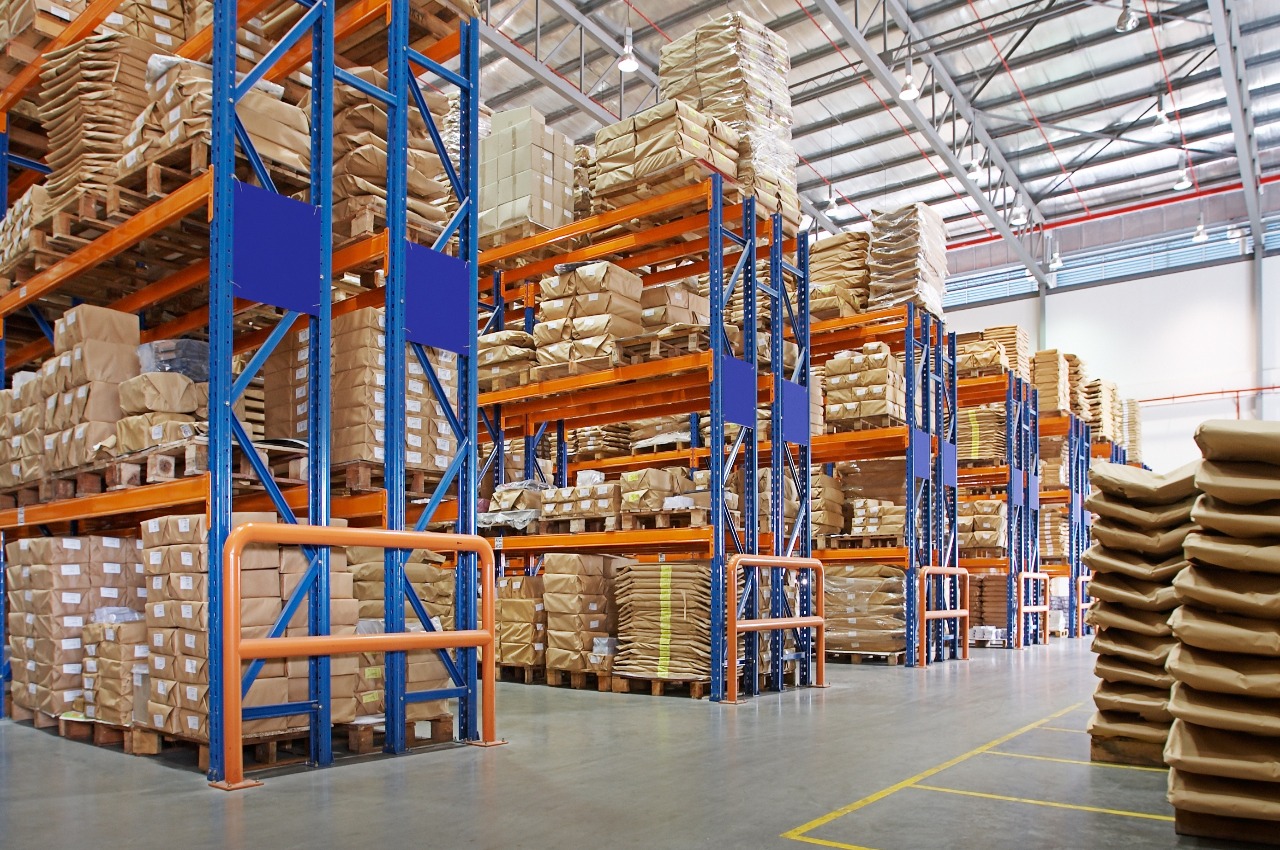Shipping and logistics providers are turning to new warehouse automation technologies to meet growing consumer demands.
As e-commerce becomes more accessible and affordable, online retail sales continue to rise. This changing landscape means that savvy shipping and logistics providers must adapt by offering quick delivery and low-cost service.
In 2017, total e-commerce sales reached an estimated $453.5 billion, up 16% from 2016. This expansion is driving more activity for retailers and creating new opportunities for businesses of all sizes. Retailers have the chance to scale their business to prepare for future growth, but in order to achieve success, they must invest in modern, adaptable technology — or partner with skilled logistics providers to meet their changing needs.
Responding to Increasing Demand
With the rise of e-commerce giants such as Amazon, consumers have come to expect rapid delivery. This puts the pressure on online retailers to compress fulfillment times and ensure order accuracy. Satisfying these rising demands means that an increasing number of businesses are relying on emerging technology to drive efficiency and streamline the fulfillment process.
To keep up with a competitive marketplace, shippers are incorporating warehouse management systems (WMS), warehouse execution systems (WES), and autonomous robots into their distribution strategy. Together, these capabilities supplement human labor — rather than replace it — allowing shipping and logistics professionals to focus as much on the improving their business as they do on fulfilling orders and meeting current demand.
Adapting to New Technologies
In the 2018 Warehouse and Distribution Center (DC) Equipment Survey, 42% of warehouse and distribution center professionals stated that they planned to invest more heavily in automated management systems. Spending on WES — tools that help shippers manage their resources and direct work from a single control system — has increased as well, up to 16% in 2018 from 6% in 2017.
The shipping and logistics industry is becoming increasingly interested in autonomous technologies. Shuttle systems, goods-to-person picking solutions, cubing and dimensioning equipment, and autonomous mobile robots (AMRs) pack and transport materials, improving accuracy and cutting overhead in the process. In fact, 16% of warehousing and distribution companies stated that they currently use robotics, while 15% are evaluating them for future use.
Investing in a Solution
Retailers faced with the pressure to deliver products quickly and inexpensively may find it cost-prohibitive to invest in new technologies themselves. By working with a trusted third-party logistics (3PL) partner or integrated logistics services provider (ISP), however, they can benefit from emerging tech without having to worry about time-consuming upkeep and training.
With more than 20 years of industry experience, Primary Freight has the expertise and infrastructure to help retailers of all sizes meet consumers’ growing needs. Whether your business needs a logistics partner at key points throughout your fulfillment process or a complete reevaluation of your e-commerce fulfillment strategy, Primary Freight has the skills to help.
If you’d like to learn more about how Primary Freight’s award-winning shipping services, contact us today at (800)-635-0013.
